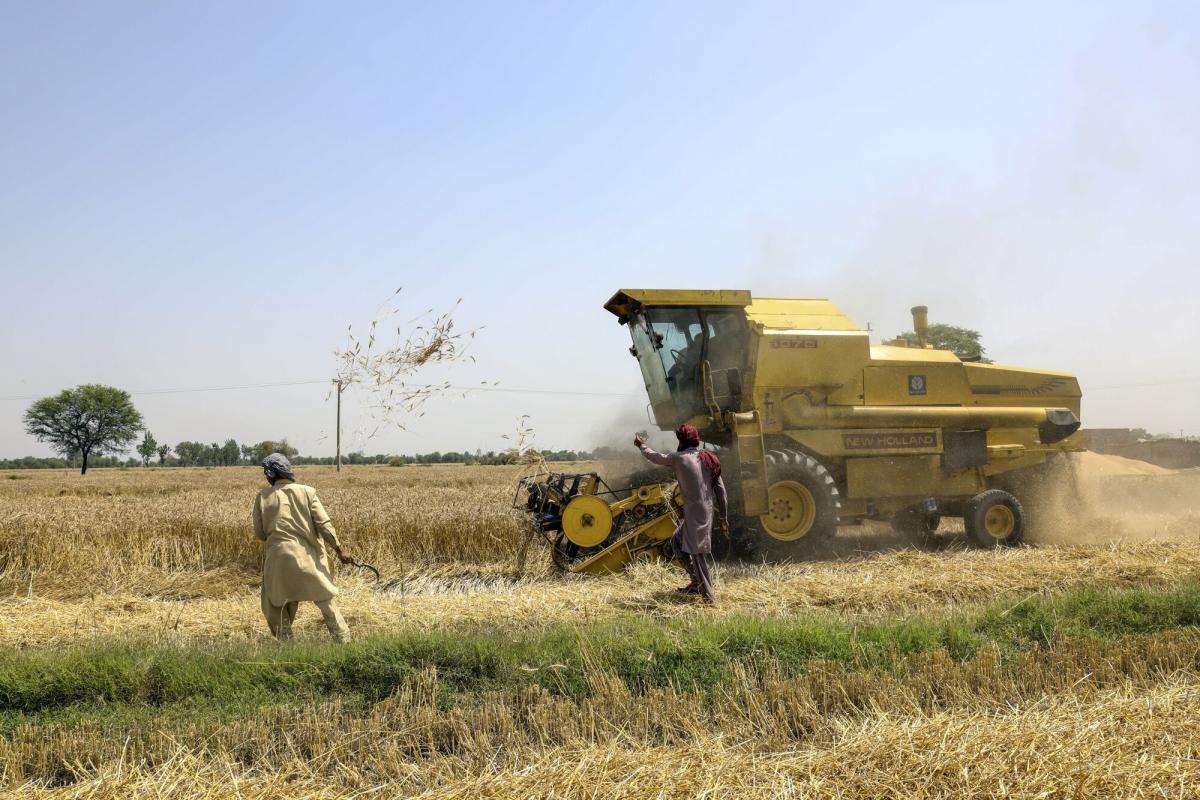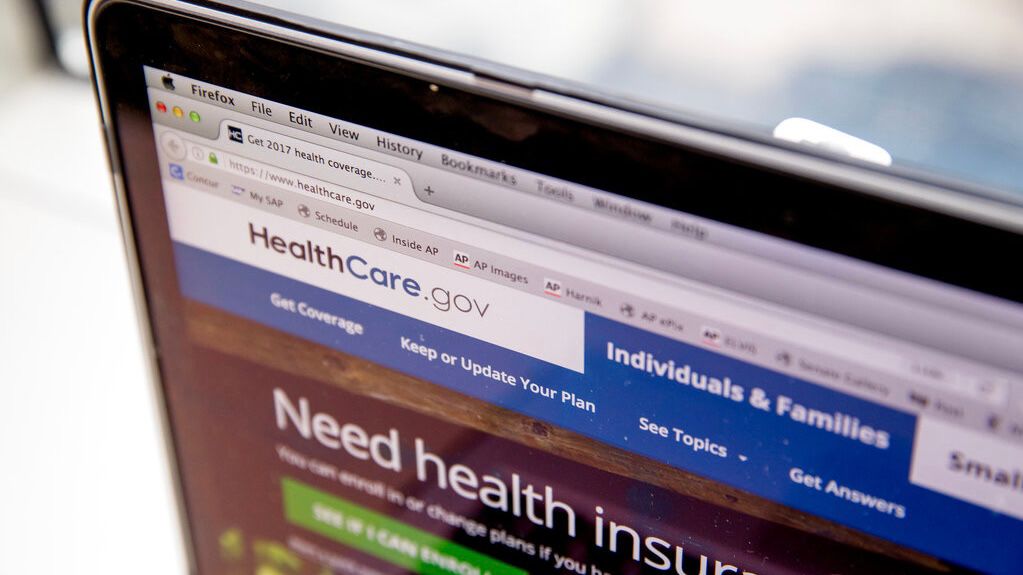
Pakistan’s Economic Growth Slows Down Due to High Interest Rates and Sovereign Default Concerns
Pakistan’s economic growth slowed down in the second quarter due to high interest rates affecting businesses and reducing consumer demand. Gross domestic product (GDP) expanded by just 1% in the October-December period compared to a year ago, below the median estimate of 1.8% in a Bloomberg survey. Despite efforts to avoid a sovereign default last year, the economy has remained fragile.
The agriculture sector grew by 5.02% from a year ago, while industry contracted by 0.84%. The services sector had minimal growth of just 0.01%. Prime Minister Shehbaz Sharif, who returned to power after contentious elections in February, is seeking a new loan from the International Monetary Fund (IMF) to support the economy and improve Pakistan’s foreign exchange reserves. The IMF has lowered its GDP forecast for the current fiscal year to 2% from 2.5% due to weaker domestic demand, but the State Bank of Pakistan is more optimistic, citing better farming and industrial output supporting the economy.
Pakistan experienced a rare contraction of 0.17% last fiscal year and continues to heavily rely on IMF aid with $24 billion in external financing needs in the fiscal year starting July, about three times its foreign exchange reserves.

